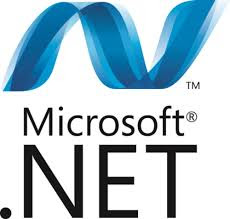The difference between DotNet Core and DotNet framework and what should you opt
Most .Net developers always get confused between the two available packages and which one should they use. Some get stuck in the dichotomy between upgrading from the framework to the core, however, they do not want to run into the risk of having to struggle with newer supports.
How are the two different?
DotNet Framework | Image Resource: indiamart.com
The framework is a windows service provided by Microsoft established in the year 2000 that helps developers build software applications, apps, and web services. The components used in the DotNet framework are Common Language Runtime (CLR) and the class library. Since it provides the developers an object-oriented environment that is easily accessible and supports a wide variety of languages, it has become the most popular package used by software developers.
On the other hand, the .NET core helps developers build software applications that can be used on all operating systems such as Linux, Mac, and Windows. The programs are written using C# or Visual Studio Code as these are object-oriented programming languages and support a wide range of libraries and APIs. High performance web services, responsive apps and multiple APIs offered by the .NET core is what makes it attractive.
How do you make a choice?
You can go for the .NET core when you want to design websites, games, cloud services or desktop applications that are cross platform. From building high performance apps to generating microservices, there are a wide options and services that can be created using the .NET core.
However, if a developer wants to build third party apps using NuGet packages and other libraries, then it would be better to go for the DotNet framework. The other drawback of using .NET core is that most of the .NET technologies are not available on it. While almost all platforms support the framework, there are quite a few of them that do not support the .NET Core 3.0
While .NET was specifically curated for desktop services, it has grown over the years to become flexible to be used on almost all platforms. The .NET core is a smaller version of the framework that consists of all the components provided by the DotNet Framework and one can make a choice between the two depending on the type the applications they wish to develop.



Comments
Post a Comment